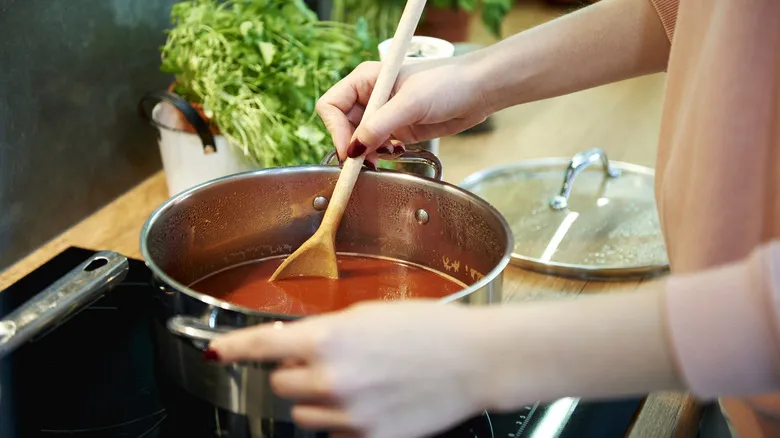Certain soups will require this step more than others
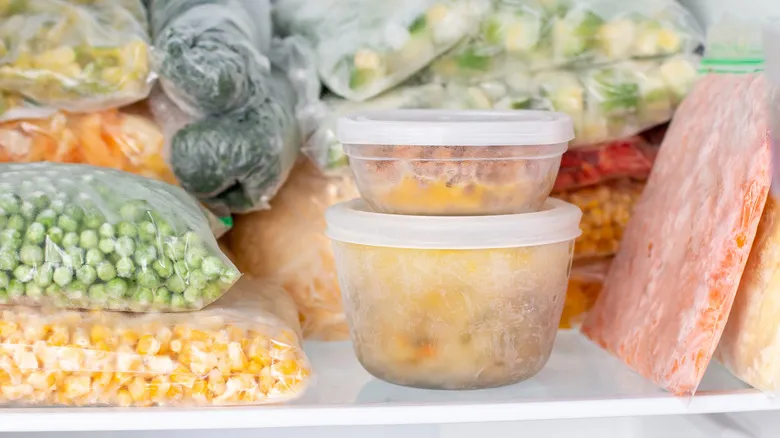
The need for this step largely depends on the type of soup being considered. Simple broths or stocks, as well as soups made with ingredients that freeze well (such as vegetable-based soups and root vegetables), may only require reheating to regain their original taste and texture. In contrast, soups that contain dairy or seafood tend to deteriorate more quickly and do not freeze as well. Additionally, certain ingredients like pasta or leafy greens may not fare well in the freezer, often becoming limp or mushy upon thawing. Therefore, if you're preparing chicken noodle soup, it's best to freeze the broth separately and add the noodles when you reheat it.
Enhancing frozen soup is not a mandatory step—many frozen soups can be enjoyed simply by thawing them and serving directly from the freezer. This process is more about personal taste and flavor enhancement rather than safety, as frozen foods remain safe to eat for an extended period, according to the USDA. However, if you notice that the soup lacks the freshness of a homemade batch, it’s worth taking a few moments to elevate the dish.
Freezing soup is a simple process that requires no special preparation. Just allow your soup to cool, then ladle the leftovers into a freezer-safe container, such as a mason jar or an airtight glass or plastic container. Seal it, leaving some space for expansion, and place it in the freezer. It will keep well for at least three months, or even longer, depending on the ingredients and how well it is stored.
Recommended
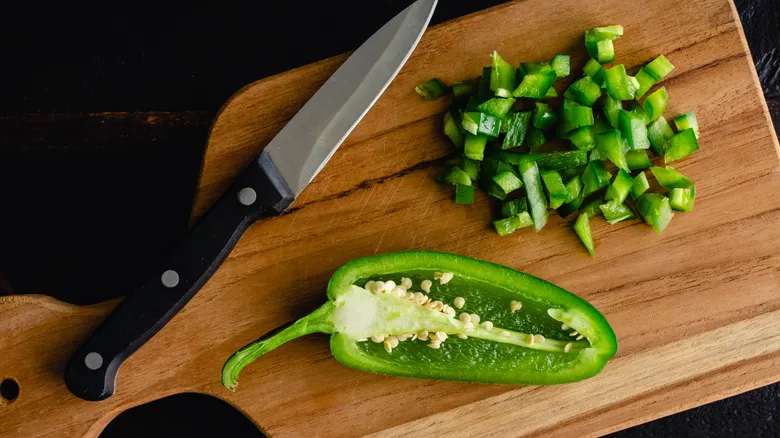
You Think You Don't Need A Paring Knife, But Here's Why You Do

How Long Is Apple Juice Good After Opening?
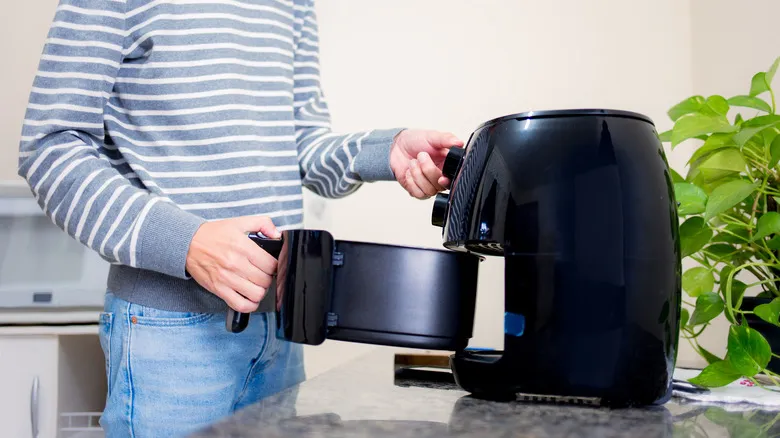
Why You Should Keep A Box Of Toothpicks By Your Air Fryer
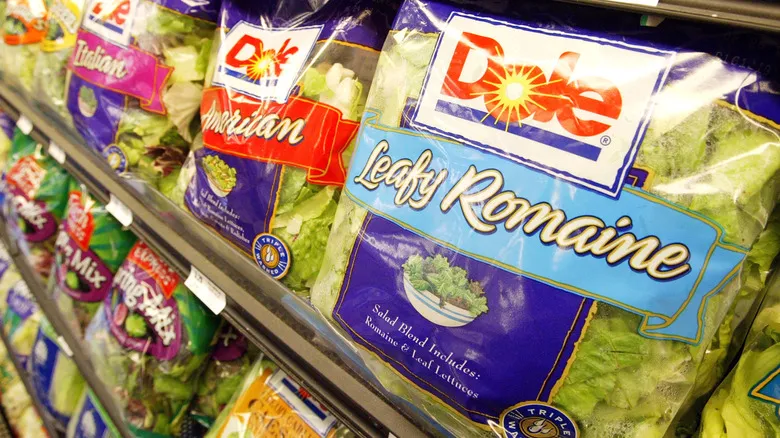
The Surprising Kitchen Appliance That Can Help Keep Salad Greens Fresh
Next up

